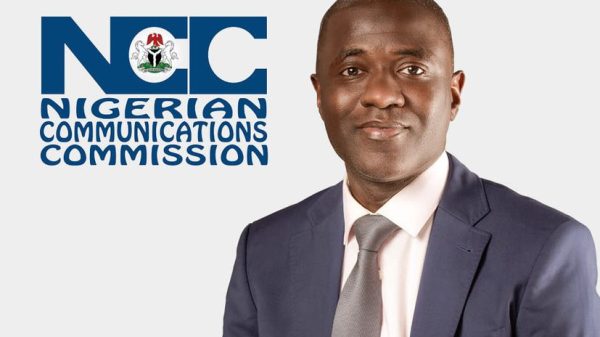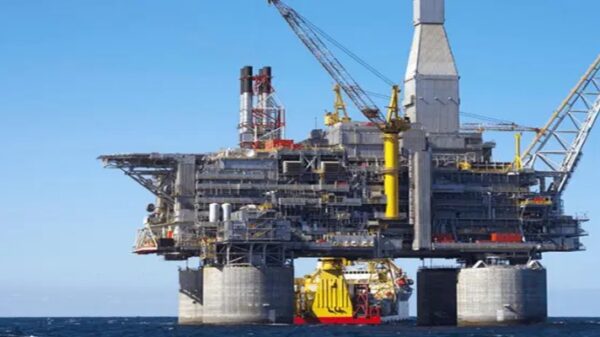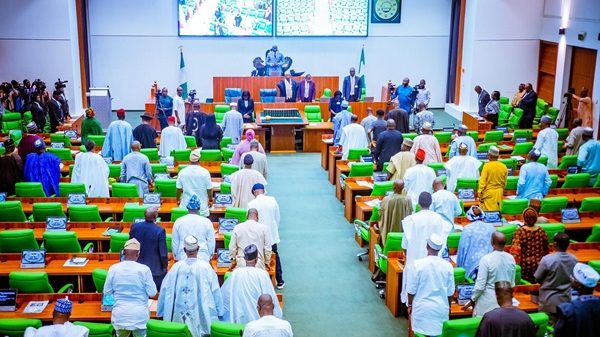By Paul Calvey, Oliver Wyman Partner and Head of its operations in South Africa
The aviation sector’s recovery from COVID-19 has been remarkable, with revenue passenger kilometres (RPKs) and available seat kilometres (ASKs) reaching close to pre-pandemic levels, according to the International Air Transport Association (IATA). In the fourth quarter of 2023, traffic was at 98.2% of pre-pandemic numbers. Additionally, the sector is expected to experience record fleet and maintenance, repair, and overhaul (MRO) growth this year.
Oliver Wyman’s latest Global Fleet and MRO Market Forecast predicts that the number of commercial aircraft worldwide will expand at a compound annual growth rate (CAGR) of 2.5%, reaching more than 36,400 aircraft by the start of 2034. This represents a 28% increase over the current fleet of around 28,400 aircraft. The forecast also indicates that global MRO spending is expected to reach US$104 billion, surpassing the pre-pandemic peak in 2020. That spend will sill, however, fall short of demand. By 2034, MRO demand worldwide is projected to reach US$124 billion.
In Africa, the fleet is expected to grow about 25% by 2034, reaching over 1,400 aircraft. The largest growth is projected to occur between 2029 and 2034, with a CAGR of 2.7%. For example, South African Airways has announced plans to expand its fleet to approximately 40 aircraft over the next decade, from just 13 today.
“The growth in Africa reflects an expected expansion of demand. Figures from IATA show that African passenger numbers will nearly double by 2035. This will require airlines to continue to invest in expanding their fleet, as well as looking at new routes to add to their network,” says Paul Calvey, Oliver Wyman Partner and Head of its operations in South Africa.
But while the global and African numbers reflect growth, they fall short of pre-pandemic predictions. Before the pandemic, it was anticipated that the global aircraft fleet would reach 36,000 by 2030. Now, it is unlikely to reach that size before 2036, resulting in a six-year setback in industry growth due to COVID-19. From an African perspective, this slow recovery is particularly understandable. Several African airlines folded as a result of the COVID-19 pandemic, and in 2020 alone, the continent’s aviation sector lost US$7.7 billion in revenue.
This highlights the magnitude of the setback caused by COVID-19. Additionally, the current global fleet size isn’t significantly higher than the 27,492 aircraft that were in service in 2019. To regain its previous trajectory, the aviation sector will require significant investment, much of which will depend on global economic growth.
Investment challenges in the aviation industry
The forecast identifies several challenges that hinder investment in the aviation sector. These include the impact of COVID-19, inflation, and shortages of skilled labour, raw materials, and aviation maintenance technicians (AMTs) and engineers. The industry must modernise and optimise production along the supply chain, while the MRO support network faces similar challenges in keeping aircraft operational.
“While the industry must invest in overcoming those challenges, it’s important to remember that it’s not easy for it to do so at present, according to a number of trends,” says André Martins, Partner and Head of Transportation and Services for India, Middle East, and Africa regions (IMEA) at Oliver Wyman.
He continues that “rapidly rising interest rates have made borrowing far more expensive than it was pre-pandemic. Mounting inflation, meanwhile, has created significant wage pressure across the industry. In the US, for instance, captains’ salaries at mainline airlines increased by 46% between 2020 and 2023, while those flying for US regional airlines saw their wages rise by 86%. Furthermore, this inflationary environment has led to higher costs for aircraft components and other supplies compared to before the pandemic.”
Other cost factors, such as escalating conflicts in the Middle East and attacks on ships in the Red Sea, have led to increased aviation fuel prices. Although prices are lower than in 2022, industry players remain cautious about potential further increases.
Gearing up for global growth
Despite the current challenges, there are indications that conditions may improve, facilitating investment in the aviation sector. While global economic growth is currently at its lowest levels since the 1990s, the outlook is becoming more positive. Inflation is expected to ease, and the US economy is projected to experience a soft landing. Although major economies like China still face economic headwinds, the global economy is likely to avoid recession.
This positive outlook will eventually enable central banks to reduce interest rates, making borrowing cheaper and enabling crucial investments in the aviation sector.
“Investment is necessary not only to address labour and supply chain optimisation challenges but also to meet the increasing pressure for environmental sustainability. This includes investing in sustainable aviation fuel (SAF), which can significantly reduce emissions,” Martins says.
Maximising available opportunities
By maximising the available opportunities in Africa, such as collaboration on infrastructure development and investment in African airlines, the industry can not only recover but thrive in the coming years. Investors and policymakers also have a role to play in supporting sustainable growth through policies that incentivize investment in new technologies and skilled labour.
![]()



























































